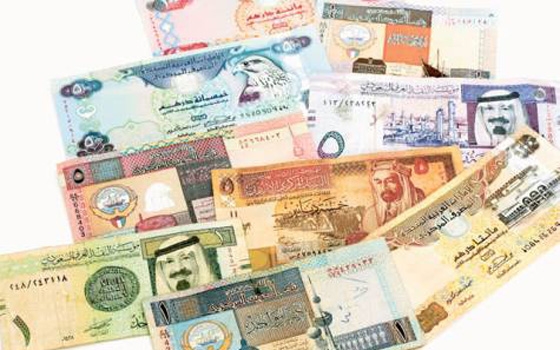Gulf hydrocarbon producers emerged as the 13th most powerful economy in the world in 2011 while strong oil prices allowed them to become the fifth largest exporter with the highest trade surplus, according to a Bahraini minister.
Hassan Fakhru, minister of trade and industry, estimated the combined GDP of the six-nation Gulf Cooperation Council (GCC) at around $1.4 trillion in 2011, the 13th largest in the world. He put the global GDP at around $70 trillion in 2011.
Addressing representatives of the GCC chambers of commerce and industry in Manama on Tuesday, he said GCC citizens are among the richest in the world, with the group's combined GDP per capita standing at about $30,000 in 2011, nearly triple the global average per capita of $10,000.
His figures showed the GCC's trade with the other countries stood at around $1.2 trillion during that year, with exports of around $811 billion.
"Imports were estimated at $379 billion…..this means the GCC had a surplus of around $432 billion in 2011, the highest surplus in the world," he said. "As for exports, the GCC emerged as the fifth largest exporter after China, the US, Germany and Japan."
Fakhru said the GCC's trade with the rest of the world leaped by nearly 10 times to $1.3 trillion in 2011 from around $138 billion in 1984.
He said the surge in external trade was accompanied by a sharp rise in commercial exchange among the GCC members to nearly $100 billion in 2012 from $32 billion in 2005, adding that the surge was a result of the creation of a GCC customs market.
Fakhru said the GCC's total population more than tripled from around 14 million when the group was created in 1981 to 45 million at the end of 2011.
The GCC, an economic, political and defence alliance, was founded on May 25, 1981 by the UAE, Saudi Arabia, Kuwait, Qatar, Bahrain and Oman. The six members control more than a third of the world's oil and a fifth of the global gas resources.
Emirates 24|7
19 May





































































